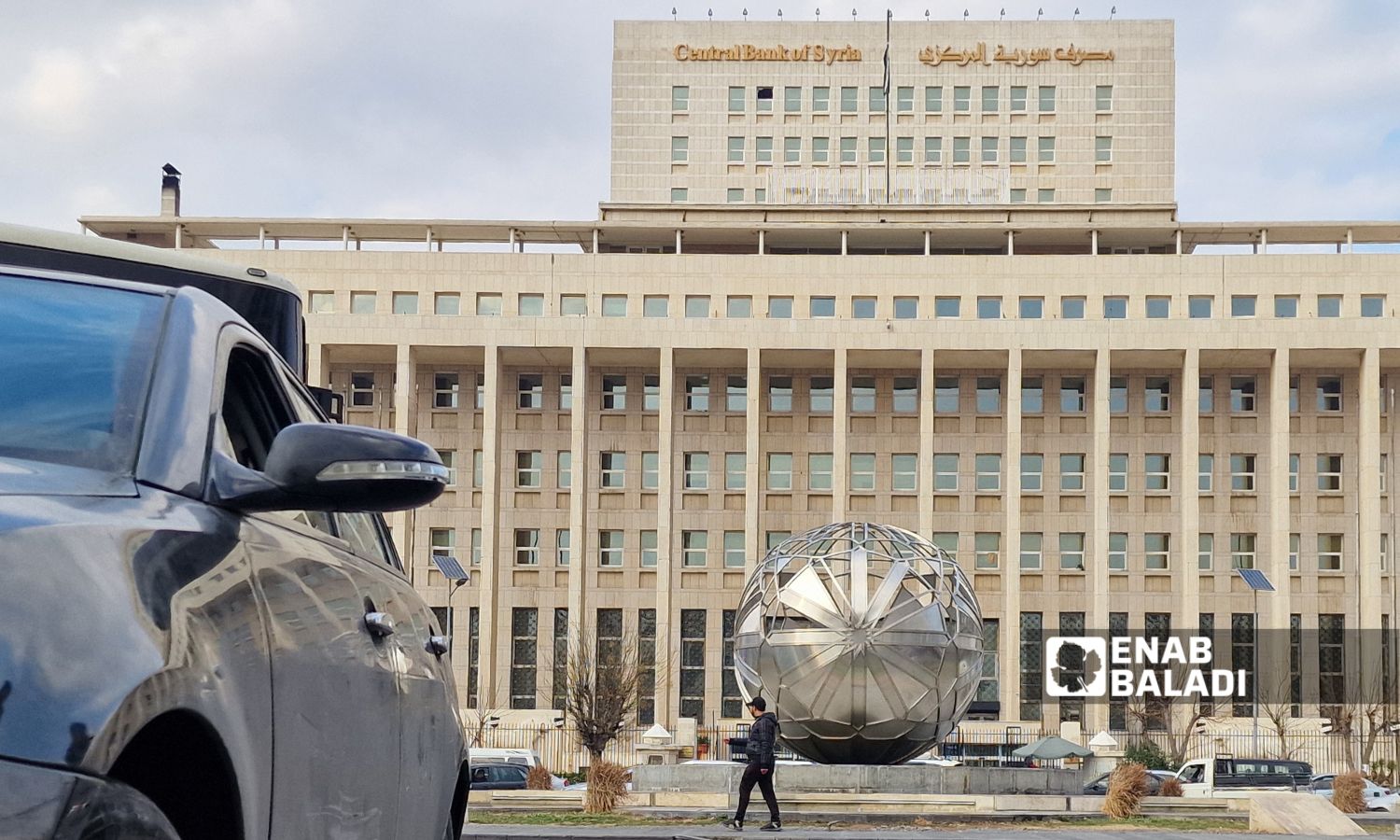The recent announcement by International Monetary Fund (IMF) Managing Director Kristalina Georgieva that IMF staff will begin engaging with the Damascus Interim Government has raised questions about the implications of this step and the conditions it may entail.
Speaking to Al-Sharq on February 16, Georgieva explained that the IMF’s outreach to Damascus aims to bridge a long-standing data gap and assess the needs of key institutions, such as the Central Bank.
She emphasized that this engagement is designed to provide support, enabling Syria’s authorities to strengthen institutional capacities and operate “efficiently” for the benefit of both the economy and the public.
Commenting on the nature of discussions with Damascus’s interim government, she stated, “They are the ones who will determine the form and pace of communication.”
Georgieva also noted that this marks the first official engagement between the IMF and Damascus since 2009.
Her remarks were made during the AlUla Emerging Market Economies Conference held in AlUla, Saudi Arabia.
A Roadmap for Economic Reintegration
At the conference, Syrian Foreign Minister Asaad al-Shibani participated in discussions on Syria’s economic trajectory, focusing on the reintegration of the Syrian Central Bank into the global financial system and securing Syria’s representation in both the World Bank and the IMF.
The conference also explored avenues for technical assistance from these institutions to support Syria’s economic restructuring efforts.
Dr. Firas Shaabo, an economic expert and academic, views engagement with international financial institutions such as the IMF and the World Bank as a natural step for struggling economies.
Speaking to Enab Baladi, Shaabo acknowledged that while these organizations offer financial assistance, their involvement presents both opportunities and challenges.
He emphasized that Syria’s ability to benefit from the IMF hinges on how well the government can balance the institution’s conditions with national interests, ensuring that policies mitigate potential negative consequences.
According to Shaabo, the IMF can inject liquidity directly into the market and offer low-interest or long-term loans to finance reconstruction projects.
These measures, he argued, could help stimulate economic growth, generate employment, and drive structural reforms—such as improving tax policies, combating corruption, and liberalizing the economy—essential steps toward establishing a sustainable economic system.
Additionally, the IMF can support the Syrian lira and stabilize the exchange rate by providing financial aid packages in the form of foreign currency deposits at the Central Bank.
Potential Drawbacks
Despite its benefits, IMF assistance often comes with stringent conditions that can pose significant challenges, including:
- Reducing or eliminating government subsidies
- Liberalizing exchange rates
- Increasing taxes
Such measures risk exacerbating social inequalities and deepening the divide between economic classes.
Shaabo also warned that IMF policies could lead to increased national debt and external influence over Syria’s economic decisions, potentially benefiting multinational corporations at the expense of national interests.
He stressed the importance of implementing protective policies for vulnerable populations and ensuring that Syria’s economy remains independent rather than becoming overly reliant on the IMF or other external entities.
According to UN and human rights organizations, more than 90% of Syrian households currently live below the poverty line, with at least 13 million people—more than half the population—facing food insecurity. Meanwhile, 16.5 million people require humanitarian aid to meet their basic needs.
What Are the Conditions?
The IMF typically requires governments to implement specific economic policies, including lifting subsidies on essential goods and privatizing public sector industries—policies that, according to Shaabo, the current Syrian government is already pursuing.
He noted that while Syria could benefit from IMF support, it must carefully negotiate the terms, rejecting excessively harsh conditions while accepting those that can be implemented with minimal harm to the population.
Shaabo suggested that the Syrian government explore alternative sources of funding, such as attracting Syrian expatriate investors, strengthening ties with allied nations, and prioritizing domestic economic reforms over reliance on external borrowing.
While Syria’s integration into the IMF system could help address its economic crisis, Shaabo cautioned that it is not a standalone solution.
He emphasized the need for a strategic approach—leveraging the IMF’s resources under negotiated terms that safeguard Syria’s economic sovereignty while prioritizing local and regional resources over accumulating new debt.
“The new Syria needs to build smart economic policies—not take on additional financial burdens,” he concluded.
This article was translated and edited by The Syrian Observer. The Syrian Observer has not verified the content of this story. Responsibility for the information and views set out in this article lies entirely with the author.


